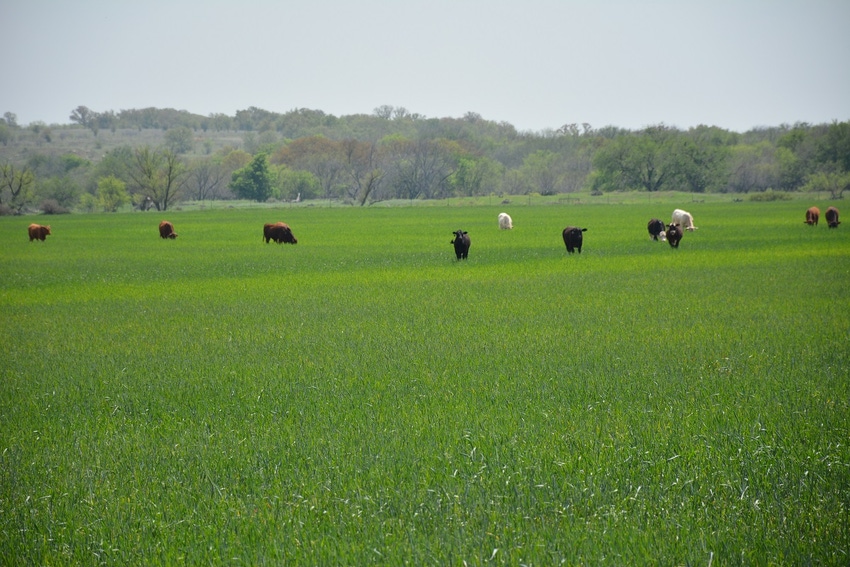
The U.S. House of Representatives earlier this week passed the Country of Origin Labeling Amendments Act, H.R. 2393, by a vote of 300-131. The legislation amends the Agriculture Marketing Act of 1946 to effectively repeal mandatory country of origin labeling requirements for beef, pork, and chicken.
The act was widely supported by a large number of food and agricultural industries, from beef associations to the wine industry, under the umbrella of the Cool Reform Coalition. In a letter of support prior to the final vote the coalition wrote:
“Likely targets of retaliatory tariffs are clear. Canada has issued a preliminary retaliation list targeting a broad spectrum of commodities and manufactured products that would affect every state in the country. Mexico has not announced a preliminary retaliation list, but has implemented retaliatory tariffs in the past, which may be indicative of future tariff opportunities. Reports indicate that the retaliatory tariffs could total over $3.5 billion in the first year.
“We invite you to review the state-by-state retaliatory analysis.”
‘Overwhelming support’
House Agriculture Committee Chairman K. Michael Conaway (R-Texas), introduced the bill and praised members for overwhelming support.
“I am thankful for the support of my colleagues in passing this common-sense, bipartisan bill that is a necessary targeted response to avoid retaliation from Canada and Mexico,” he said. “Two of our top trading partners announced earlier this month their intention to seek more than $3 billion in retaliatory sanctions against U.S. exports. This would extend far beyond the agriculture industry and would hurt nearly every sector of the U.S. economy. H.R. 2393 will prevent retaliation and bring the U.S. back into compliance.”
Conaway also encouraged the Senate to “act quickly on this urgent matter.”
Not all in the House leadership are on board. House Agriculture Committee Ranking Member Collin Peterson said the legislation comes too soon and before pursuing other avenues to thwart retaliation.
“Rushing a COOL repeal bill through the House is not the way to address the potential retaliation stemming from the WTO ruling,” he said. “There are several steps that need to happen — including determining the actual economic harm caused by COOL — before retaliation could take place. Canada’s claims are unfounded, as studies show little if any economic harm from COOL.
“We do need to address this issue,” Peterson said, “and I look forward to working with my House and Senate colleagues on both sides of the aisle to find a reasonable solution that works for both farmers and consumers.”
For the latest on southwest agriculture, please check out Southwest Farm Press Daily and receive the latest news right to your inbox.
Competitive concerns
Senator John Cornyn (R-Texas), applauded the House for passing COOL reform and said he looks forward to taking up the legislation in the Senate.
“The last thing Texas farmers, ranchers, and manufacturers need are onerous, unfair regulations that hamstring their ability to compete in the global market,” he said. “The COOL regulations for beef, pork, and chicken need to go, and I applaud Rep. Conaway for leading the fight in the House.”
Rep. Jim Costa (D-Calif.), ranking member of the House Agriculture Committee’s Livestock and Foreign Agriculture Committee, also supports the act. “Today’s passage of the COOL Amendments Act is a critical step towards insuring that the United States is no longer burdened by a law that harms our economy and our nation’s beef, pork, and poultry producers. California exports billions of dollars of commodities and manufactured goods to Canada and Mexico, many of which are produced in the San Joaquin Valley. The tariff retaliations will cost California more than $1 billion, inflicting a devastating blow to the state’s economic well-being.
“Country of Origin Labeling is a very real problem that requires a legislative fix. The COOL Amendments Act will put the U.S. back in compliance with its international trade obligations and stop trade retaliations by two of the nation’s top export partners.”
“After multiple failed attempts at the World Trade Organization to bring the COOL law into compliance with our trading partners, Canada and Mexico, the House has done its part expeditiously to guarantee that no American industries are hurt through retaliation,” said Rep. David Rouzer (R-N.C.), chairman of the House Agriculture Committee’s Livestock and Foreign Agriculture Committee.
About the Author(s)
You May Also Like






